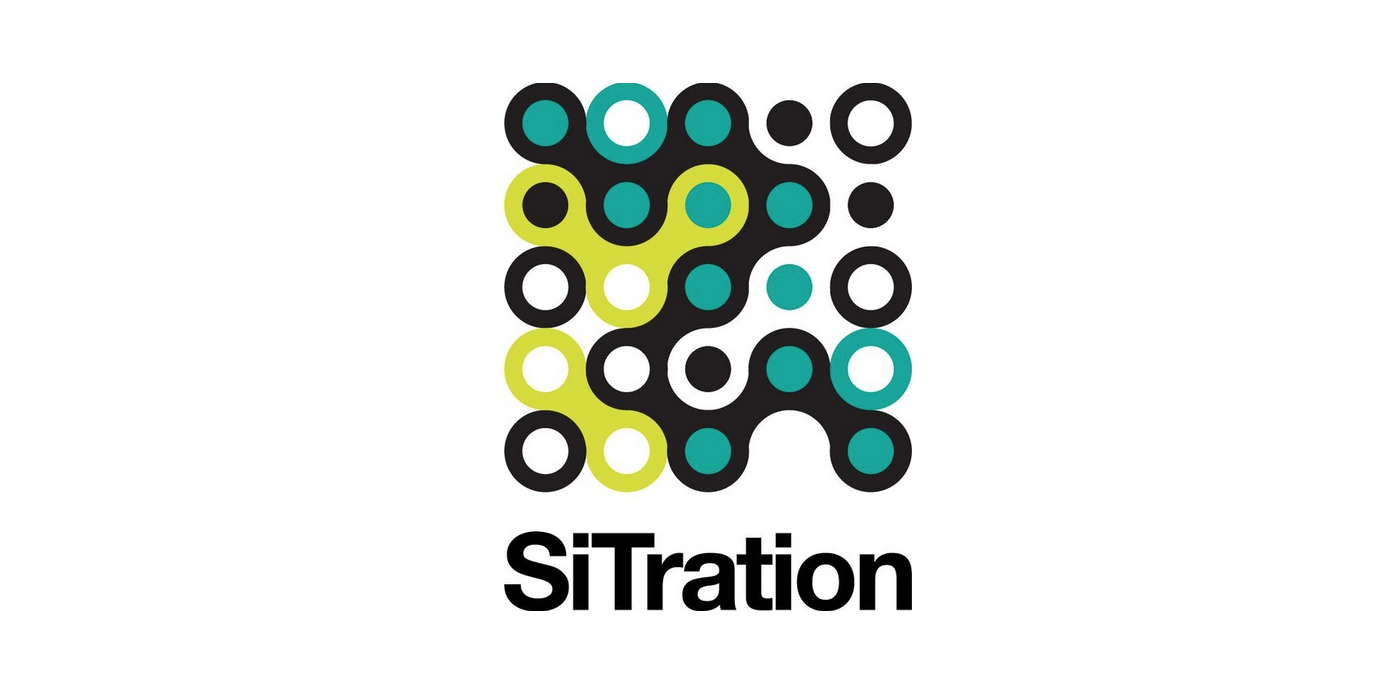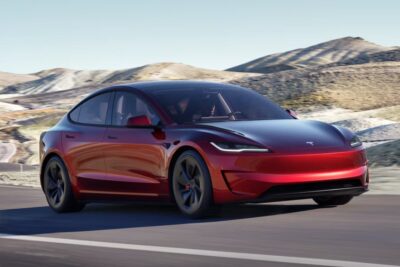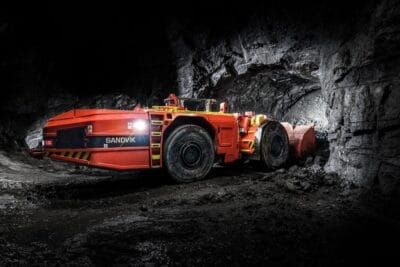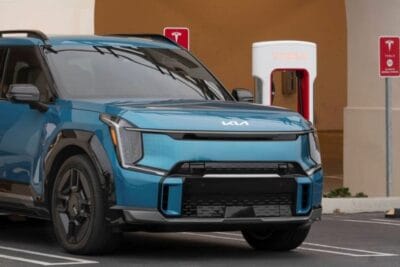Pre-seed funding for SiTration battery recycling tech
In the USA, the MIT spinoff SiTration has raised $2.35 million in pre-seed funding. This should enable the start-up to ramp up the development of its technology for the recovery of critical materials in the lithium-ion battery recycling process.
SiTration says it has pioneered a new filtration membrane technology that can potentially eliminate the need for energy- and resource-intensive chemical and thermal separation methods when recycling materials such as lithium, cobalt, and nickel from used EV batteries.
The start-up says its patented conductive membrane technology has been developed through years of research and development at MIT. SiTration says it can reduce the energy needed for materials extraction by as much as ten times. At the same time, the technology should enable a recovery yield of over 95 per cent.
“By replacing the chemical and thermal separation methods used in battery recycling today with an electrified approach, SiTration is unlocking ultra-efficient recovery of materials foundational to a more sustainable future,” said Brendan Smith, co-founder and CEO of SiTration, who invented the technology during his PhD research at MIT and launched SiTration as an Activate Fellow. “Our vision is to minimize impact and maximize circularity in the life cycle of critical materials such as lithium, cobalt and nickel. Our team could not be more excited to partner with Azolla Ventures and E14 Fund to realize this mission.”
SiTration is still very young, having been spun out of MIT in 2020 by co-founders Brendan Smith and Jeffrey Grossman. General Partner at Azolla Ventures and member of SiTration’s board of directors, Matthew Nordan notes that to meet automaker’s existing electrification plans, lithium supply must increase 15 times over. He points out that even if more supply weren’t an imperative, vehicle makers are required by regulation to retire used batteries responsibly. “SiTration is poised to deliver a cleaner and more efficient recycling technique that will unlock low-cost reuse of critical battery materials,” says Nordan.





0 Comments